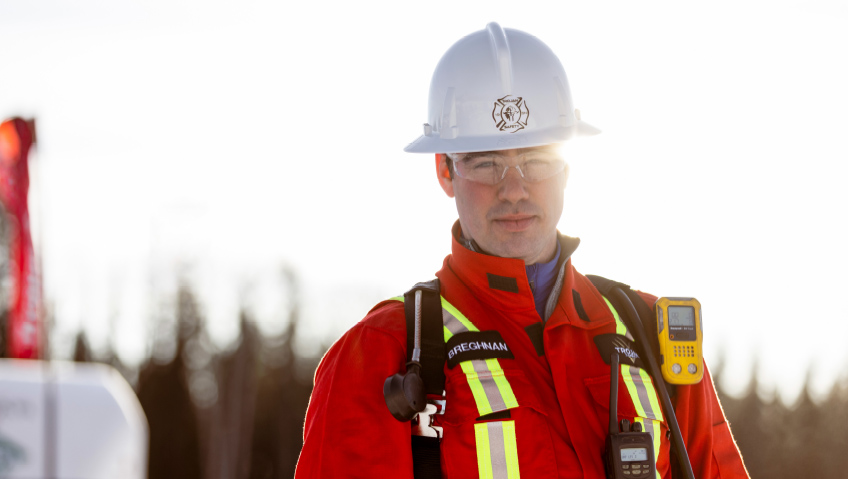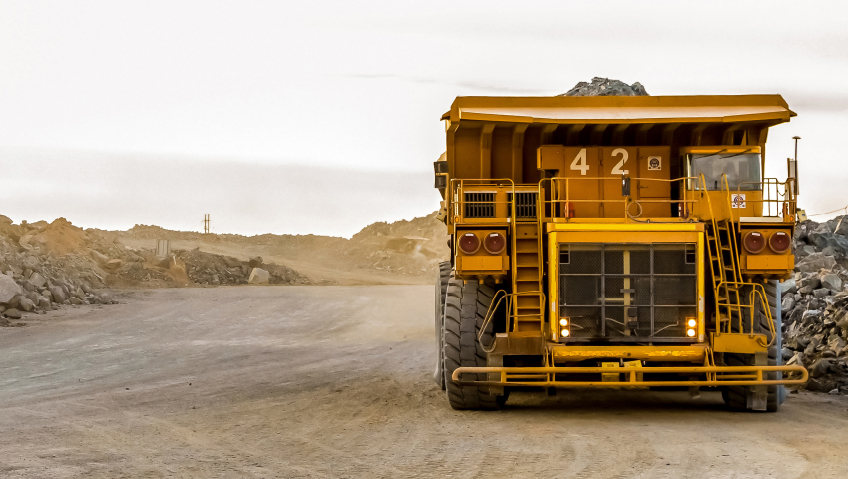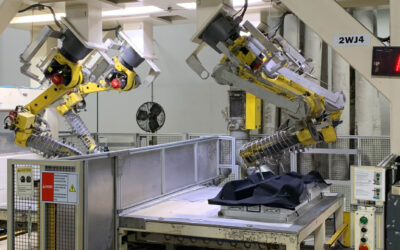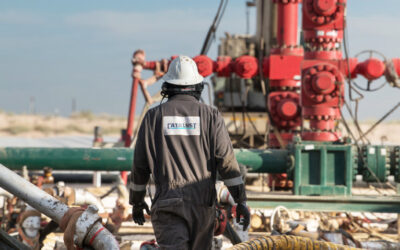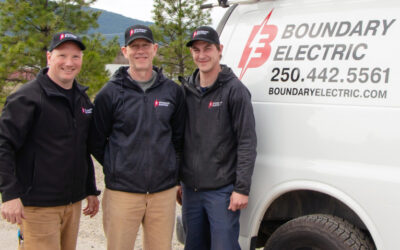Trojan Safety Services is an enduring family company that has provided occupational health, safety, and environmental services to companies in the oil and gas, mining, pulp and paper, forestry and construction industries in Western Canada for nearly 30 years.
As a leading supplier for emergency response and standby protection for upstream and midstream oil and gas operations in Western Canada and the territories, Trojan Safety Services proudly embraces its role in supporting a variety of industries in the energy sector. At all levels, Trojan Safety strives to ensure that organizations meet health and safety compliance regulations and that above all, workers are always protected on job sites.
Guided by values
Trojan Safety was founded in 1994 in Fort St. John, BC by Al Kirschner, and grew from a single Mobile Decontamination Shower Unit to providing a full suite of industrial safety services. Today, with the day-to-day operations being run by one of Al’s two sons, Jeff, as General Manager, the company remains in the family and remains true to those values that have guided its success.
These values, says the company, are “non-negotiable,” and include: ‘Show you care,’ with a team that takes pride in going the extra mile; ‘Keep learning,’ by remaining curious and seeking innovative solutions; ‘Always on time,’ which emphasizes an approach of respect for your workplace, clients, and co-workers; ‘Dependable,’ being part of a team that can be counted on; and ‘It’s all about relationships,’ which speaks to the heart of the company’s commitment to the safety of its employees and the communities in which it works.
“It’s our family business, but it’s more than just our direct family,” Jeff Kirschner shares. “It’s the people who have been part of it with us. They’re part of the family; they’ve been here forever,” he says.
“Most of the people within our Fort St. John office are people who started working at the company around the same time I did; we all just grew together. We’re incredibly fortunate that in an industry where turnover is typically high, we have people who have been with us for as long as I have, coming up on 18 years.”
Key services
Today, the company’s offerings today include industrial firefighting, first aid & paramedic services, H2S (Hydrogen sulphide) safety services, blowout & well control, portable & standalone gas monitoring, mobile air quality monitoring (AQM), infrared gas detection, decontamination shower units, and a training division located at the head office in Fort St. John offering industry standard courses to the public.
One of Trojan Safety’s core service lines is provided by the H2S Safety Supervisor, whose primary responsibility is the safety of all personnel on site. Crew safety is supported during the threat of H2S gas by utilizing state-of-the-art equipment such as air trailers containing compressed breathing air, electronic gas monitoring, and personal gas monitoring equipment. Pack training and Man-down Drills are conducted on a regular basis to ensure that all crew members know the proper procedures and the roles they will play in the event of an emergency.
In addition, Trojan Safety has also been growing further into performing plant turnarounds. “We’ve been slowly growing our plant turnaround business and growing our expertise in it,” Kirschner says. “We’ve been extremely successful in that [area] through exceptional management of our safety personnel on site.”
Turnarounds are scheduled events that involve an industrial plant’s whole process unit—such as a refinery, petrochemical plant, power plant, pulp and paper mill, et cetera—being taken offline for an extended length of time for renovation and/or renewal. These events could involve inspection and testing, debottlenecking projects, revamps, and catalyst regeneration projects, along with shutdowns and outages. Turnarounds are expensive both in lost production while the process unit is offline and in terms of direct costs for the labour, tools, heavy equipment, and materials used to execute the project. They typically represent a significant portion of a plant’s yearly maintenance budget and can affect a company’s bottom line if mismanaged.
As such, “working with clients during preplanning to ensure the proper amount of personnel and equipment is available for each phase of the progress is essential to ensuring a successful operation,” says Kirschner.
Challenging perceptions
Along with its many successes, the company has also faced its share of challenges over the years, but has always done what’s necessary to remain productive and successful. Now, the team is focused on getting back to growth.
“We’ve faced the same challenges as the rest of the people in the industry for the last eight years,” Kirschner says. “It’s really just now that the industry is coming back online, but we continue to face challenges with governments that seem to be anti-oil and gas.
“Now let me be clear,” he says, “I believe that regardless of anything, as a species capable of doing so, we should be striving toward zero impact. That’s across all areas, whether air, water, or land. I believe we’ll get there, but we have to accept that just like trying to get a plant to grow, you can only water it so much, and after that, time does the rest.” To this end, while Kirschner is a supporter of Oil & Gas, he is also in support of all realistic energy projects including renewables.
Building a labour force for the future
Certainly, growth can be a challenge in an industry that is facing a growing spotlight on its practices, practices that are subject to a slew of misconceptions, says Kirschner.
“There seems to be a lot of misinformation about the oil and gas industry, which is really unfortunate, especially considering Canada has the very best practices in the world when it comes to Oil & Gas development. Everything from the way we extract to our human rights and environmental protection is the best of the best, and yet you see our own government creating policies that restrict our ability to extract these resources, and somehow support getting them from other nations. When you understand that Oil & Gas is necessary not just for Canada to survive and thrive, but for every nation in the world to do the same, you must realize that it’s not going anywhere any time soon,” he says.
The ongoing stigma surrounding oil and gas has also led to struggles finding labourers within the industry, he says, coupled with how schools haven’t made students aware of the potential for growth and employment in the industry, particularly for those living in large, urban areas.
“I think about these people living outside of oil and gas cities who probably have no idea about the industry,” Kirschner says. “They have this misconception of it. They don’t realize they could come out to an industry that’s not what they think, and change their lives for the better… They could come to a resource town and purchase a [home] for probably less than $300,000, while making over $100,000 per year in a career they can enjoy for the long term. How many young people in the city can claim a six-figure salary?”
He does recognize that it is a labour-intensive industry. “There’s certainly a sacrifice that people will make to be here, but it’s a sacrifice in order to better your life and get ahead and have an opportunity to do more.”
Reaching people with this message is his goal, he adds, in an effort to help them understand the potential possibilities and opportunities available in different areas of the country, particularly those looking for a change and younger people looking to enter a career they may never have considered before.
“You can come to the oil patch, make great money, and live a good life and get started from there,” as part of the Trojan Safety family,” says Kirschner. “If you do a good job and want to be out there and want to be part of the team, you create unlimited opportunities for yourself. Trojan is a company that provides opportunities for people, and people create their own destiny.”

